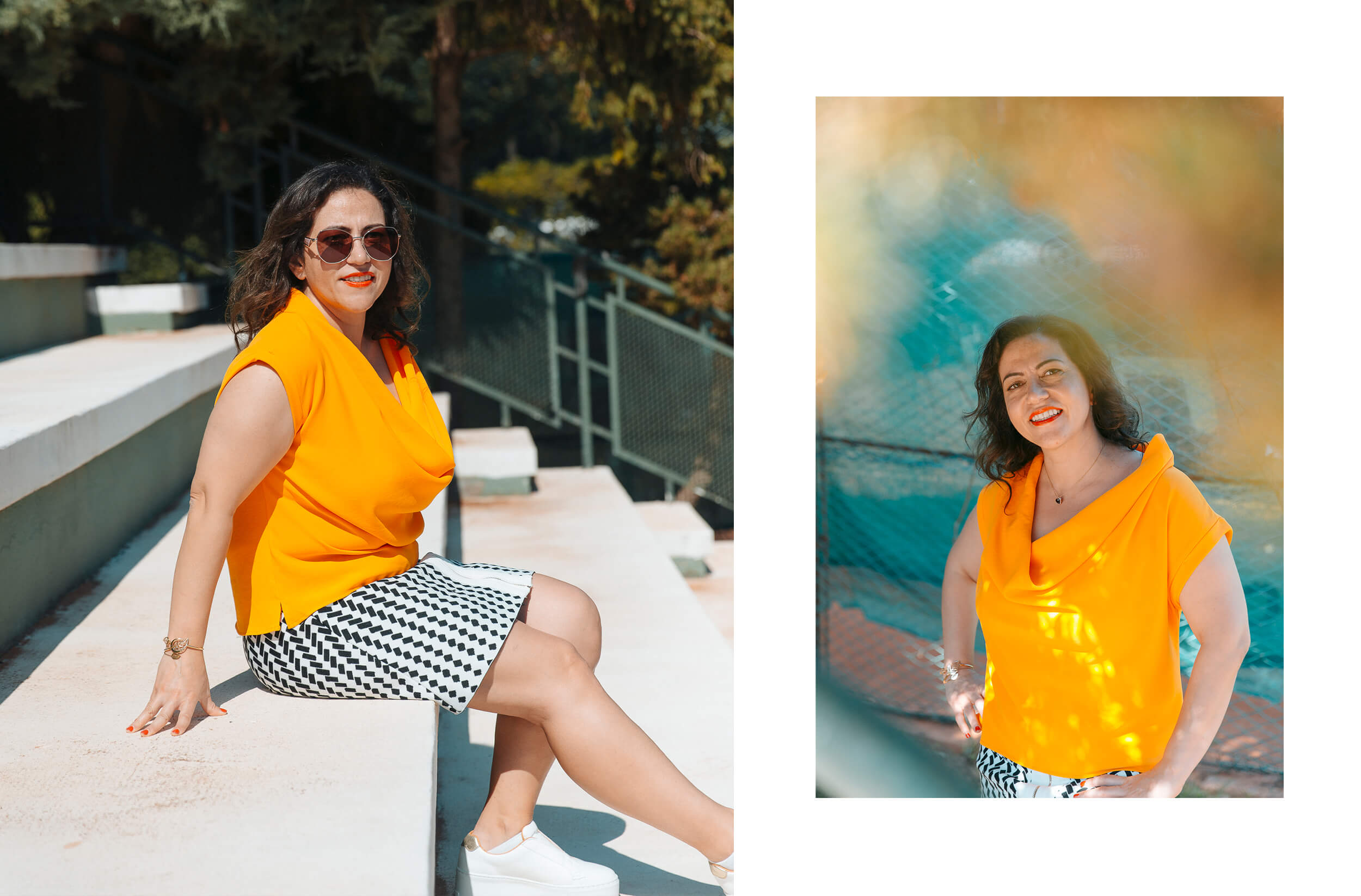Soudade Kaadan is a visionary storyteller and a restless dreamer. We met her on the occasion of the premiere of her film, “Nezouh“, selected in the Orizzonti section at the 79th Venice Film Festival, and we talked about storytelling choices and life in Damascus during the war.
An inspiring chat about the patriarchal but in its way innovative Syrian society, and about sea hallucinations, showing up when reality gets very dark and dreaming is the only way left to escape.
Bombs on Damask, an extremely traditional Syrian family, a sweet love story in the background: how did the idea behind the movie originate?
It started from a portrait I saw from Syria: it showed a destroyed house with the ceiling opened to the sky, and the sky full of stars. I thought it was a beautiful ceiling and a beautiful scene. You know, after the years we’ve gone through, now we can start seeing the beauty of life and appreciate it more, and I wanted to show how beauty, creativity, tragedy, laughing, and crying, can all live in the same moment and become more intense.
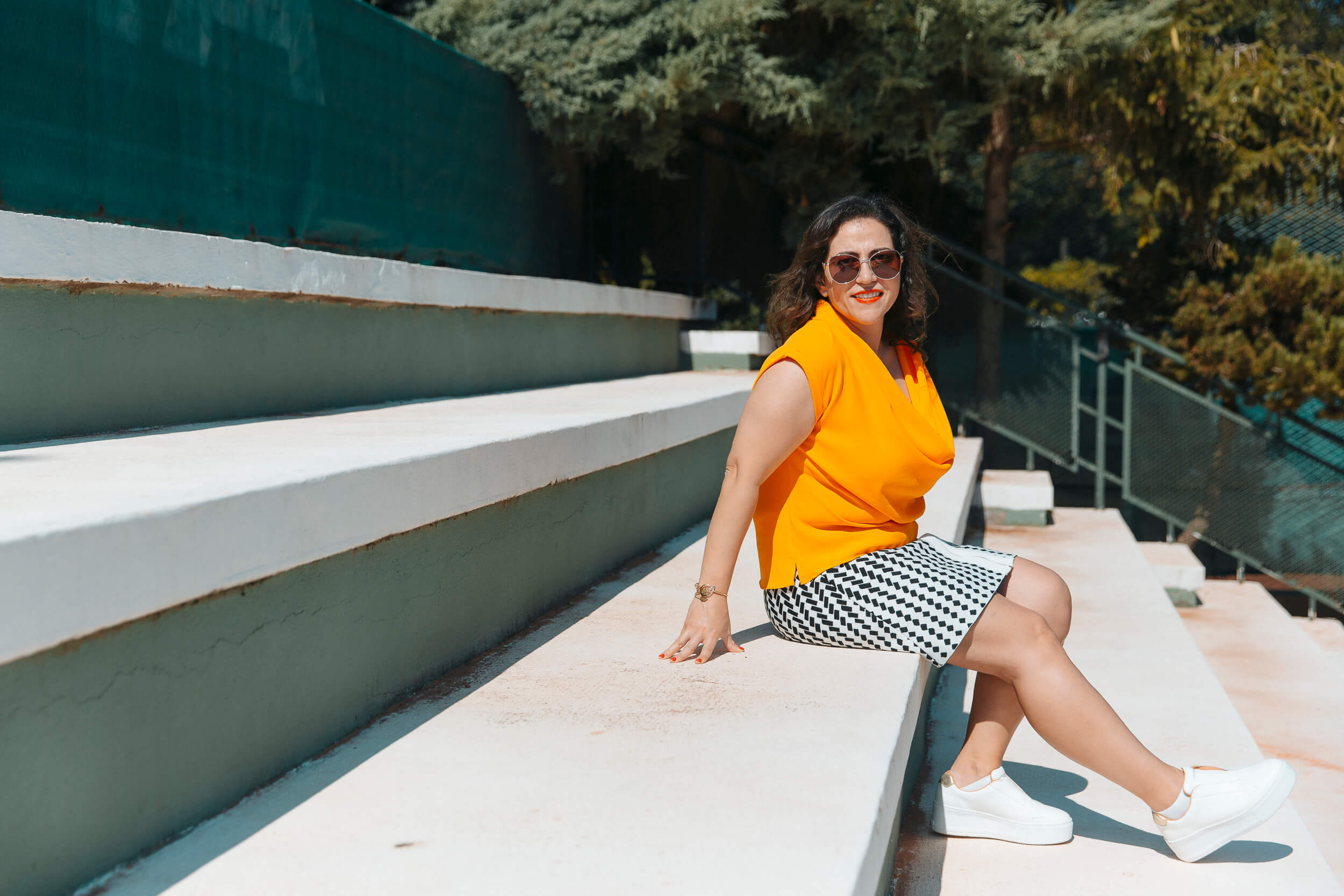
Zeina is a girl from our times, she likes drawing robots, dancing to pop songs in her bedroom, and dreams of independence from men, whether it’s her father or the boy she hangs out with: is there anything of you, of your teenagehood, in her? Do families in Syria maintain such traditional roles and rules still today?
We are a traditional society, but the war changed us a little bit because men went to fight, so who was there left to protect the house, make decisions, protect the family and go out for food, work and money? Women!
Usually, the situation was very strange: despite ours being a patriarchal and traditional society, women became stronger. I saw this change in reality, and I wanted to show it in the film. I wanted to show how our society is closed and protective, but, at the same time, friendly, and gradually opening up to the world.
I’m an auto-didact, so when I write, it’s all based on my personality: there’s a lot of Zeina in what I did, what I feel, and what I lived, but there’s also a lot of fiction in the story building process. During the war, in fact, I was in my 30s, while Zeina is 15, so there was a mixture of reality and creativity in the storytelling.
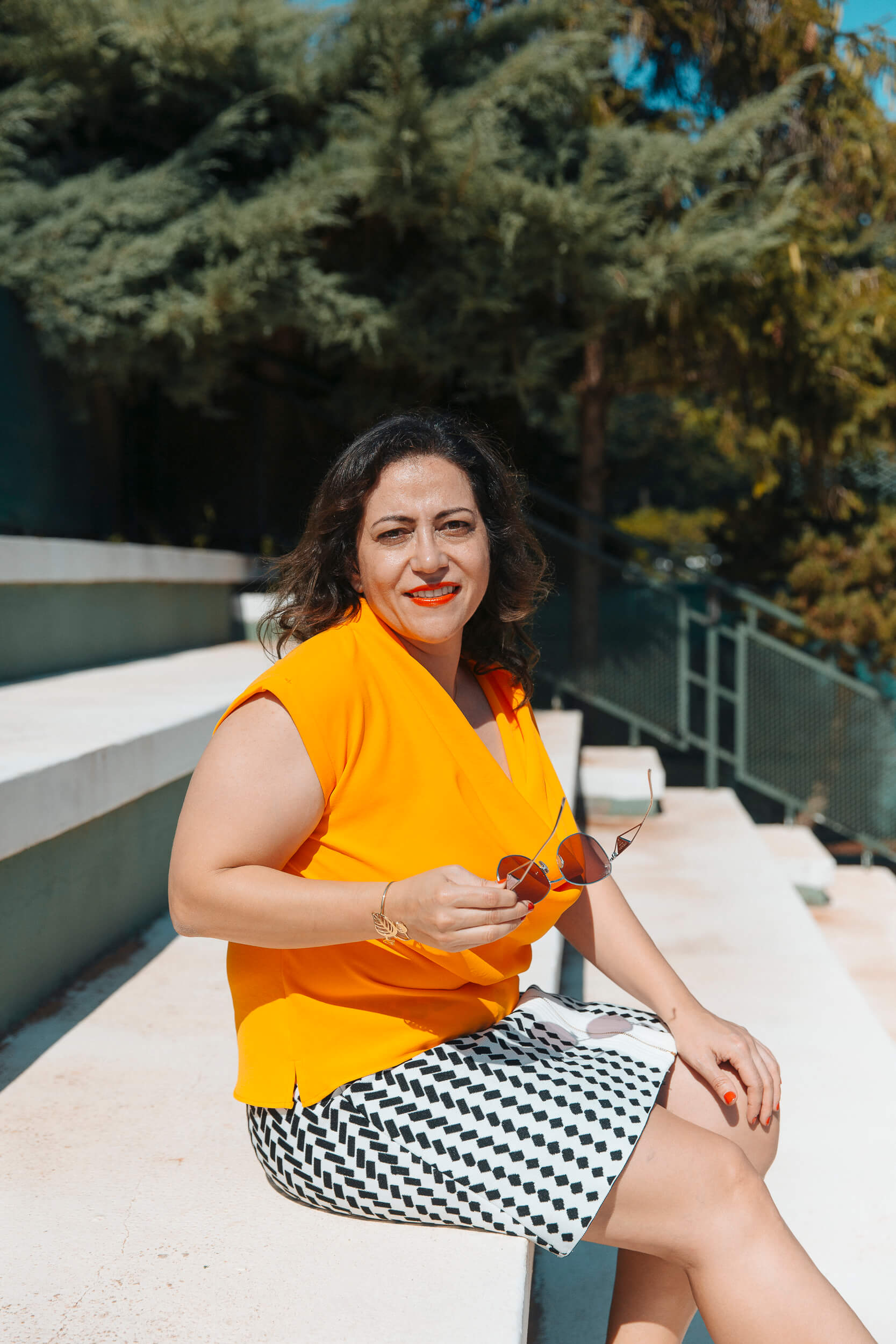
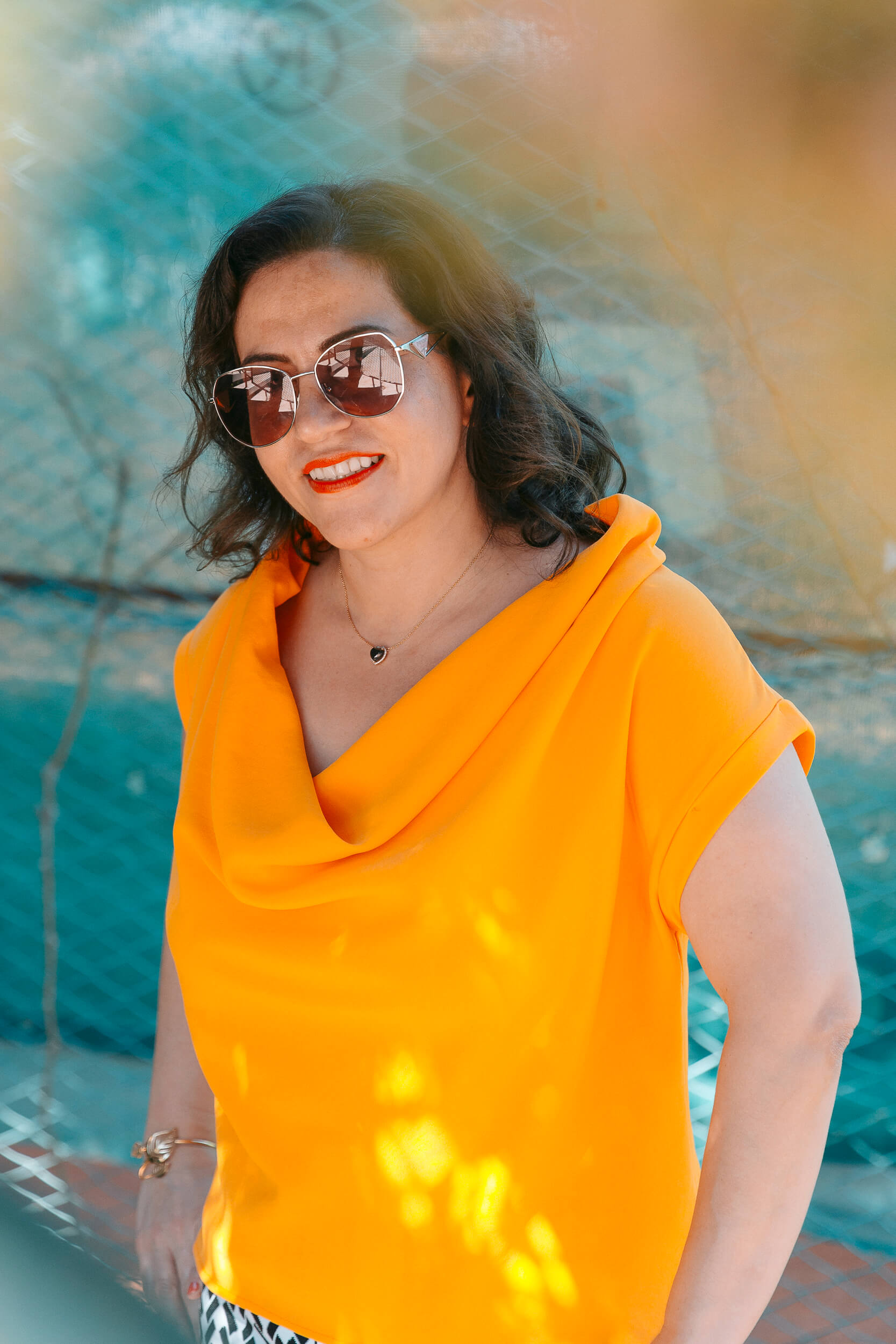
“I wanted to show how our society is closed and protective, but, at the same time, friendly, and gradually opening up to the world.”
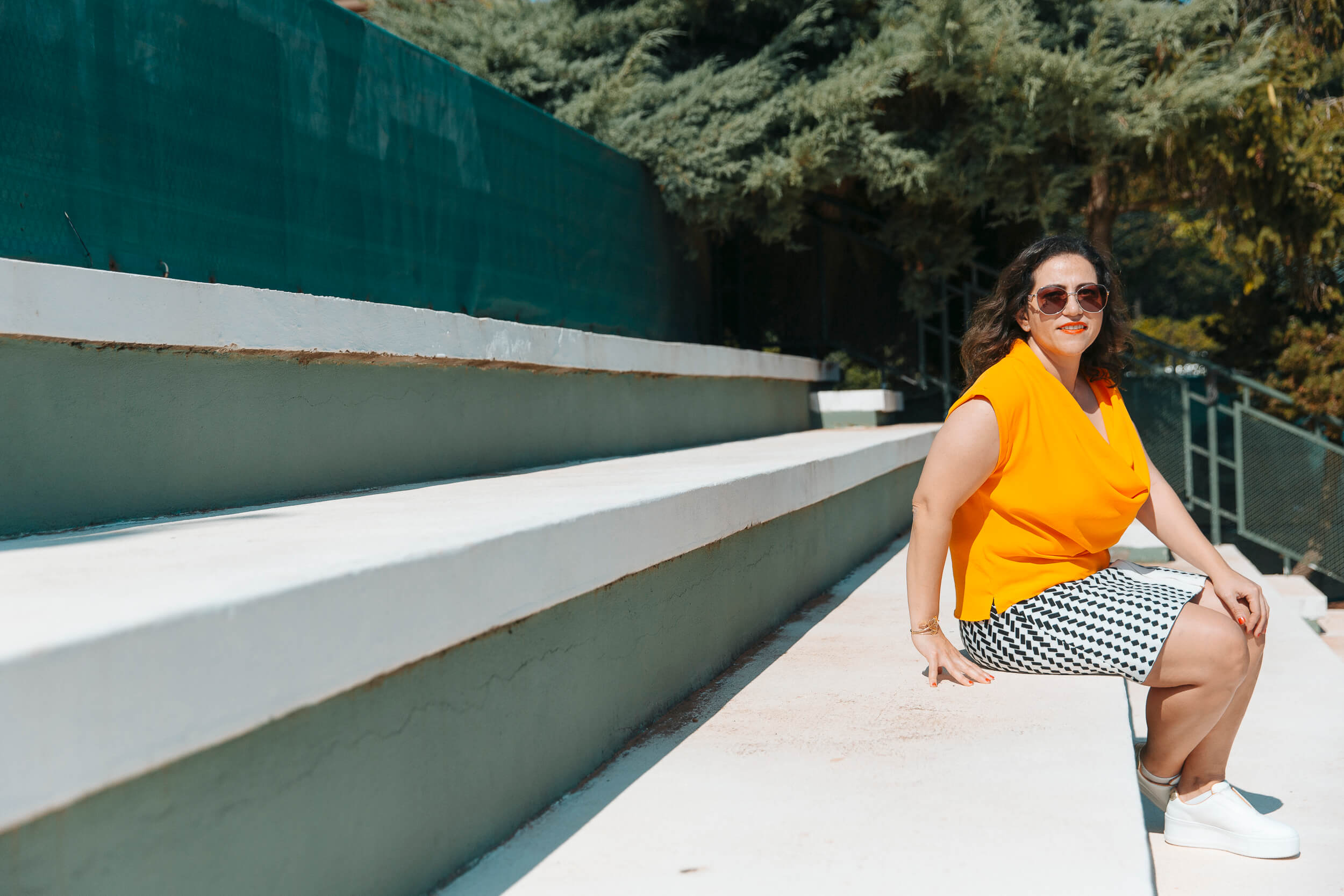
The women of the film have this fascination with water that made me very curious, I loved the scenes where Zeina and her mother have some sort of hallucinations where they throw pebbles in a pond, that’s actually the sky. What’s the meaning behind that? What’s your relationship with water?
This is a beautiful question!
You know, I didn’t want to translate the title “Nezouh” because it literally means “the displacement of waters and people”, and I wanted to show the movement and how movement is something fresh, and new, and gives people hope. In Damascus, the river is central to the spirit of the city, we have a lot of myths about the river, but we don’t have a sea; when I moved from Syria at the end of the war, the first thing that I did was go to Beirut, which is near the sea. I’ve also always wanted to talk about how the sea was seen as a mythical, utopian image during the war and explain the origin of the sometimes very illogical decision to travel with your kids through the sea, which is riskier. It’s like birds migrating, following each other, hoping to go to another place, to another picture. Sometimes, when you’re traumatized and reality is very dark, and there’s no option to go out, there’s no solution to your situation, dreams will be the escape. I’ve always felt that to choose the sea in a country where there’s almost no sea, is kind of like fulfilling a dream as a refugee because it’s something representing a reality we don’t have.
That’s why you see a mixture between magic and realism, with the sky becoming a sea or a pond, it’s a concept!
When I finished writing the script, I sent it to someone living in Damascus, an activist, because I wanted to ask him if it was authentic and if all the details I’d written were on point and if I missed something with the language; after reading the script, he told me, “The image of the sea is real”, even though I didn’t ask him to tell me about the sea! But he said, “We see the sea as a hallucination: when you don’t want to see reality anymore, you start to see the sea”. As a director and storyteller, I didn’t expect I would have ever talked about magic realism! Also, do you remember the woman dressed in black to whom Zeina and her mother ask directions when trying to escape? When I was casting, there were lots of people and something happened with one of the women: we asked her, “Where is the sea?” and she answered exactly the same words as the dialogue of the movie, which is basically the most realistic scene we got in the end.
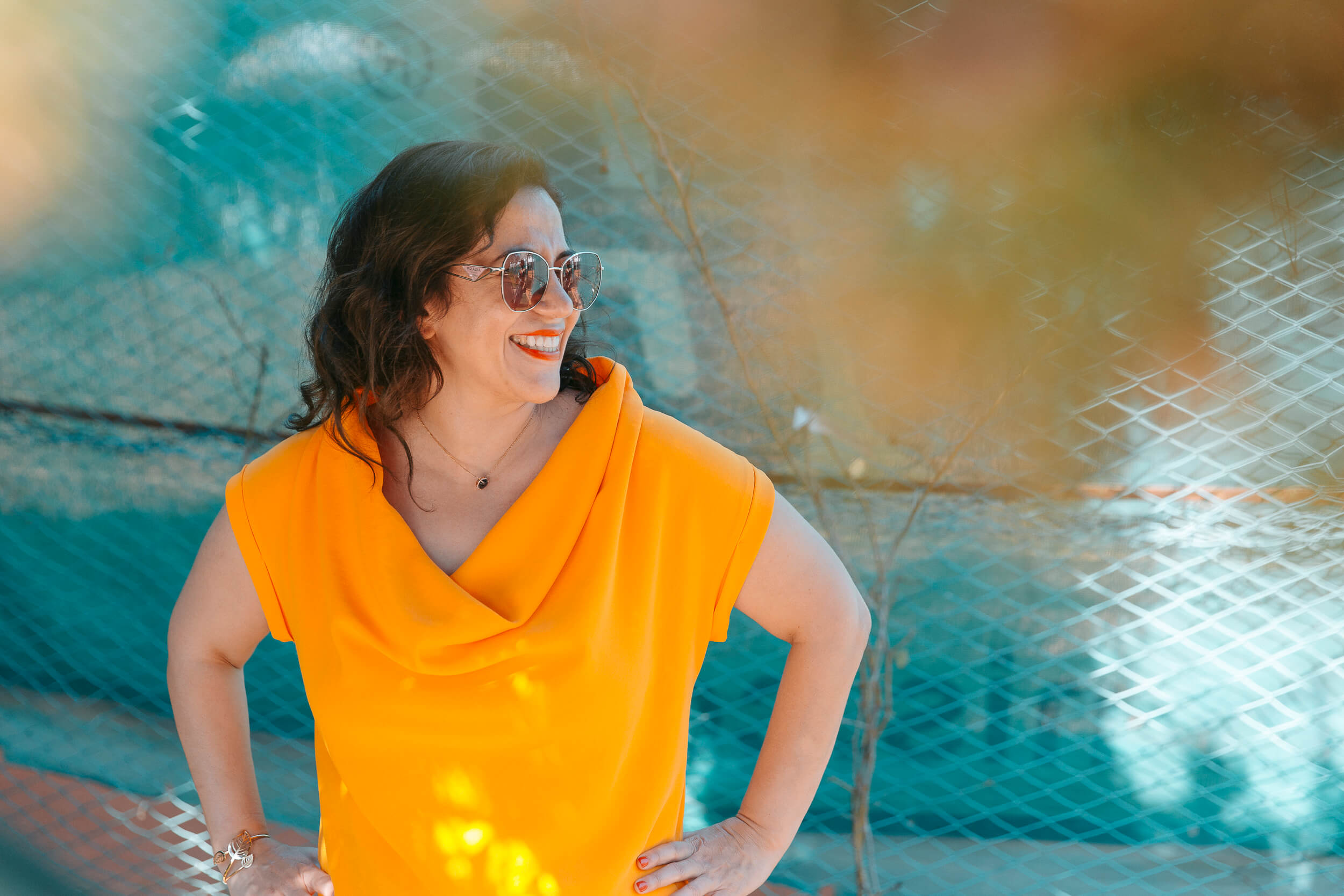
Music is healing in the movie: what’s the song you like to listen to when you’re particularly nervous or scared?
I love listening to jazz music, and that’s why you see the characters dancing to a jazz tune in a scene. I love mixing cultures, jazz, oriental music, and traditional and new music. The film also features a song about a bomb attack, which says very loudly and happily something about a very tragic event, and it’s by young people trying to say how they felt about the war, which is the coolest and most enjoyable way to talk about such things.
I chose to put three songs in the film: a jazz song, the pop one about the bombing, and a song titled “Damascus” about the fish, the birds, and freedom, and the loved ones the singer lost when he left the country.
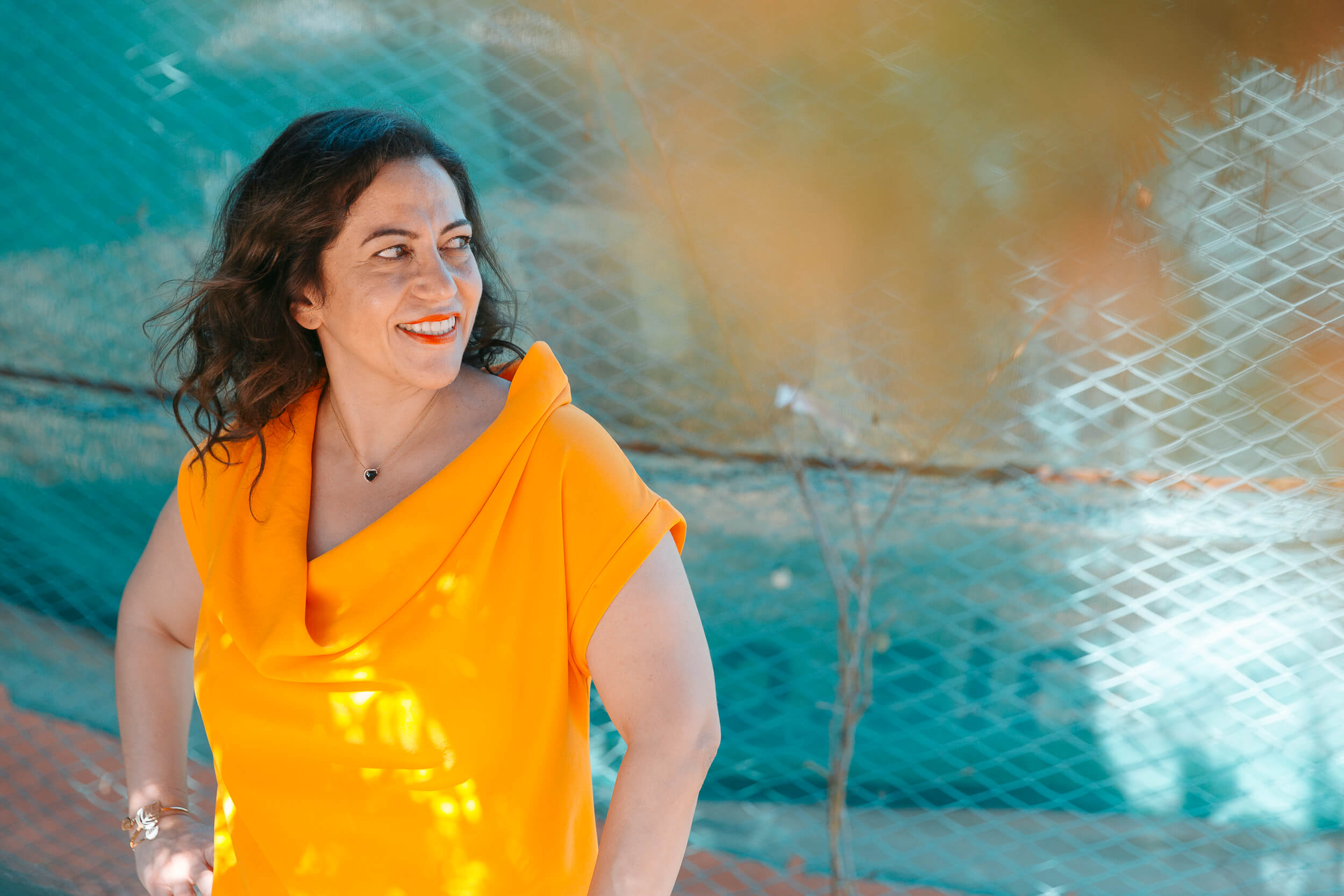
Photos by Luca Ortolani.

